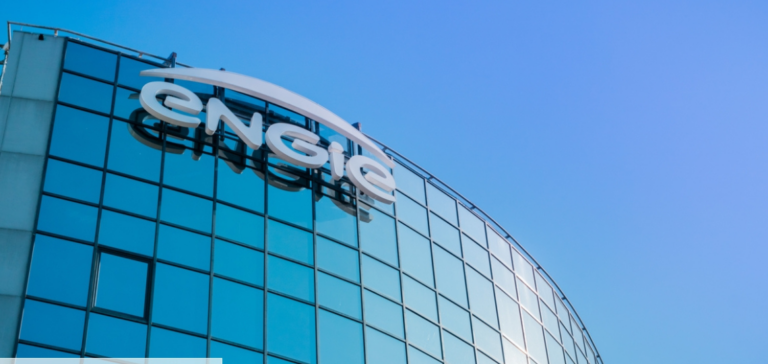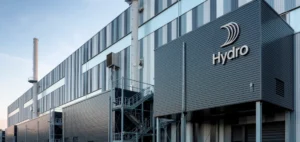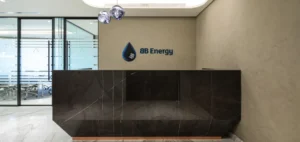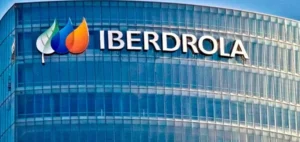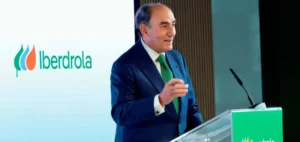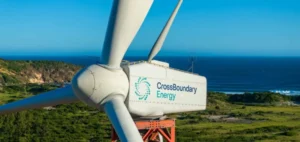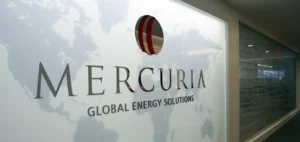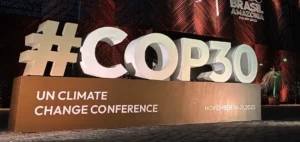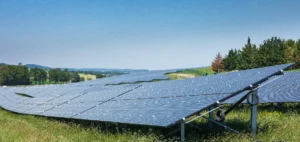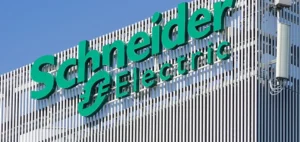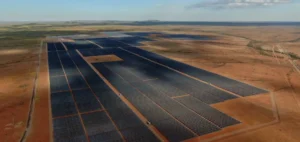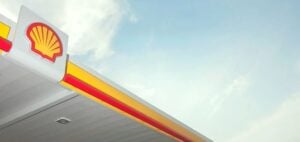Engie’s recent decision to sell its 50% stake in Reservoir Sun to GreenYellow marks a significant strategic turning point in the French solar self-consumption sector. This transaction, which values Reservoir Sun at 250 million euros, represents a major divestment by Engie, but also an opportunity to refocus on independent growth in a rapidly expanding market.
Engie’s Independent Growth Strategy
Founded in 2018 by Engie and GreenYellow, Reservoir Sun has quickly established itself as a key player in the field of solar shading and solarized roofs. What’s more, with 80 employees, the start-up is forecasting sales of 30 million euros by 2024. However, this sale, GreenYellow’s largest of the year, is part of a series of acquisitions, notably in Portugal and Spain, strengthening its position in the European market.
GreenYellow expands into solar energy
Otmane Hajji, President and Founder of GreenYellow, underlines the importance of this acquisition, which positions Reservoir Sun as an integral subsidiary of GreenYellow. With 150MW in operation and 350 installations planned by the end of 2023, Reservoir Sun holds around 20% of the French solar self-consumption market, targeting mainly tertiary and industrial businesses and local authorities.
The Impact of Solar Self-Consumption on the French Market
For Engie, this sale does not mean withdrawal from the decentralized photovoltaic market. Frank Lacroix, Executive Vice President of Engie’s Energy Solutions subsidiary, emphasizes Engie’s desire to accelerate its development in this market. Indeed, the separation from GreenYellow is seen as an opportunity for Engie to fully deploy its industrial know-how, both in France and internationally.
This restructuring comes against a backdrop of strong growth in the French solar self-consumption market. According to research firm Xerfi, this market, still in its infancy until 2022, is set to expand rapidly, with the number of installations expected to triple between 2025 and 2030. However, factors such as high energy prices and increasingly favorable regulations for self-consumption, including the requirement to solarize new non-residential buildings and large parking lots, are supporting this growth.
Engie’s move to sell its stake in Reservoir Sun to GreenYellow symbolizes a strategy of autonomous development in the booming solar sector. Indeed, this reflects a broader market trend, where solar self-consumption is gaining ground, encouraged by favorable economic and regulatory factors. The sector is preparing for a future in which solar energy will play a key role in the French energy landscape.


